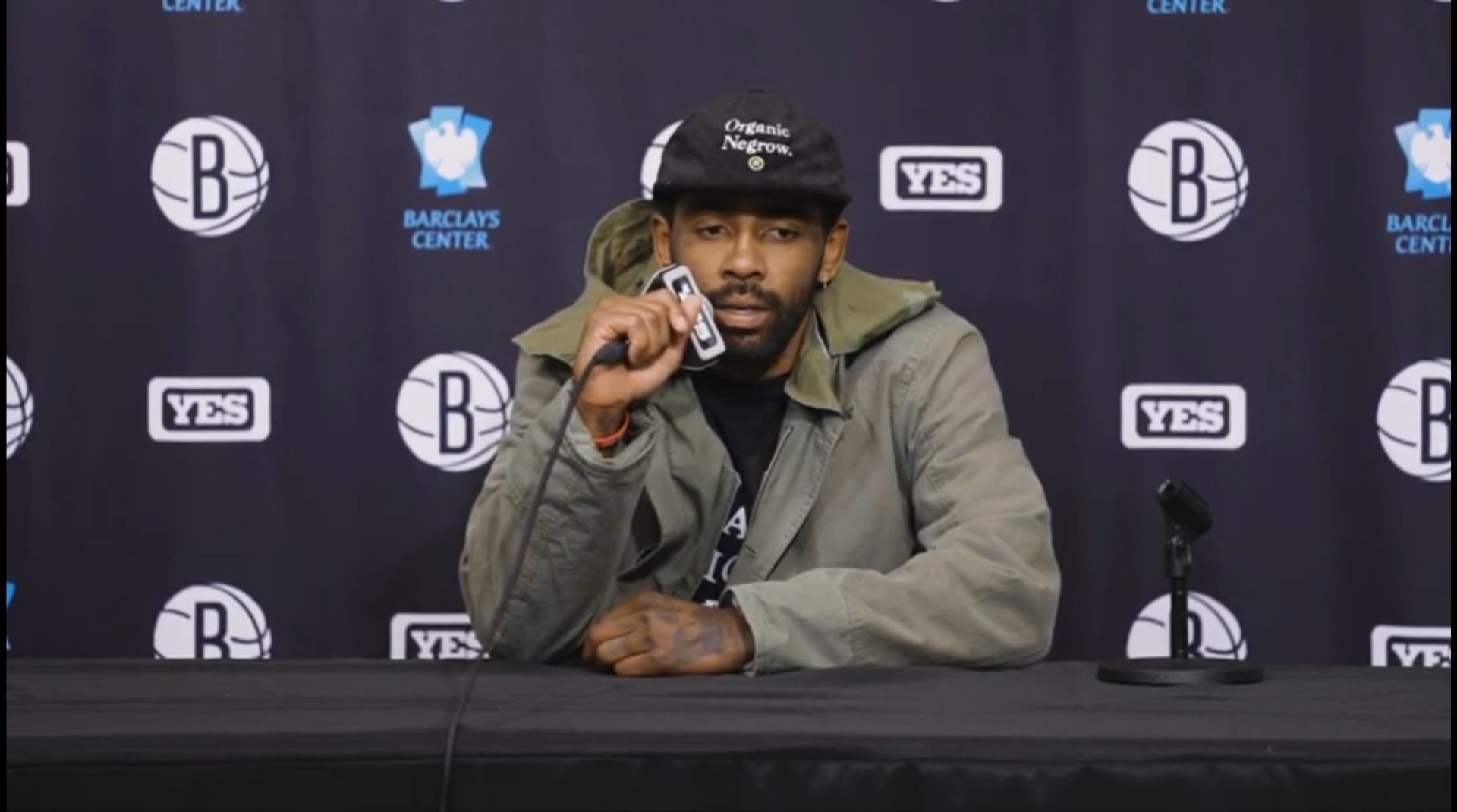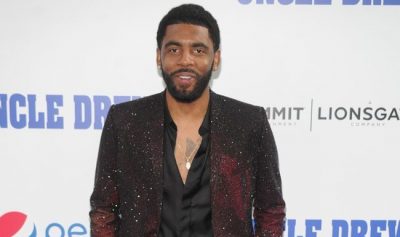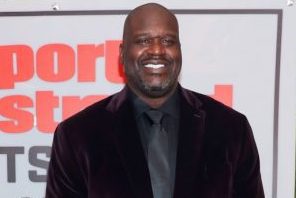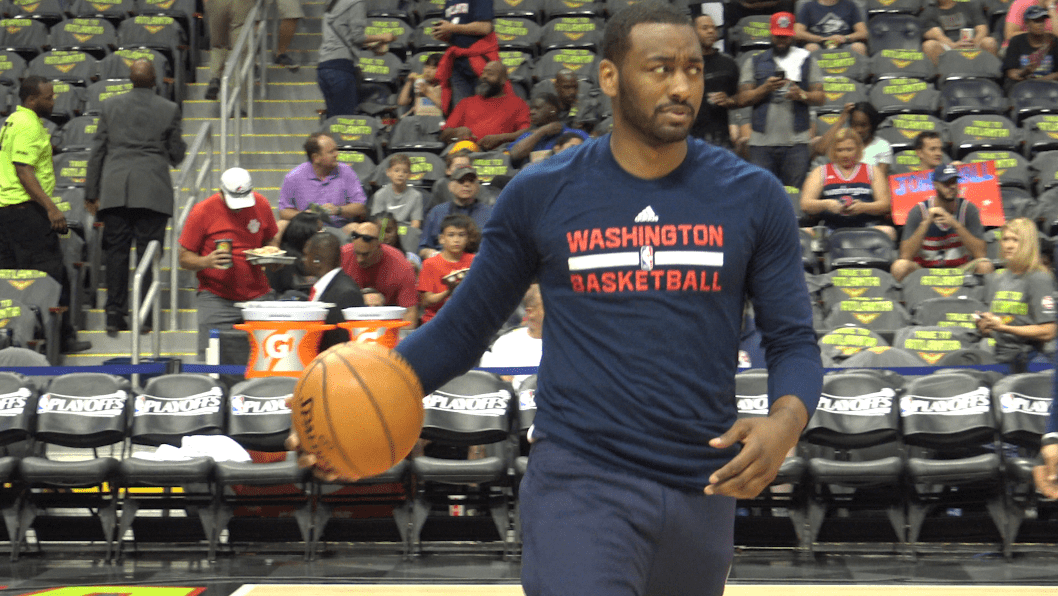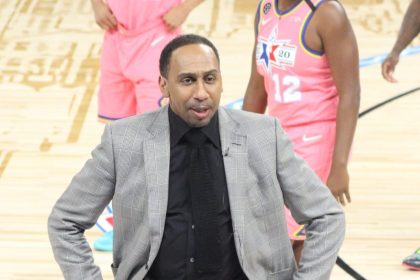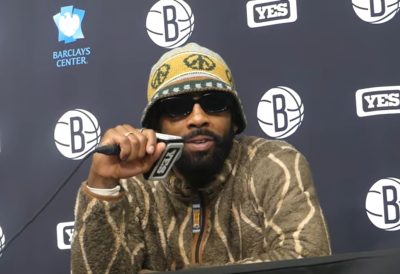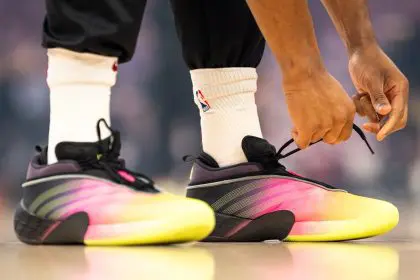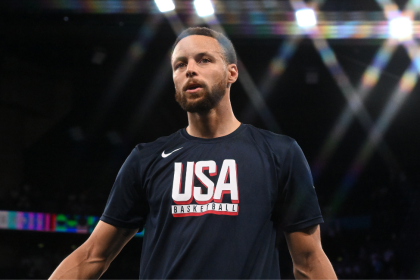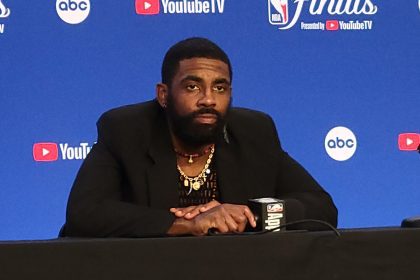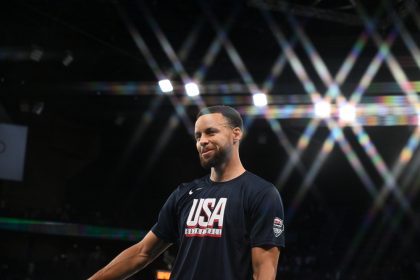
Cleveland Cavaliers guard Kyrie Irving scored a playoff career high of 42 points after twisting his ankle in the third quarter of the Game 4 win (112-99) against the Boston Celtics. The Celtics led for most of the first three quarters, even leading by as much as 16, but Irving took over the game when star forward LeBron James received his fourth foul in the first half.
“You almost hit, I think you guys have heard it, it’s almost like a runner’s high,” Irving said of his 33-point stretch after James received his fourth foul. “You get so juiced up and you see a few shots going in and you feel the emotion kind of take over and then shots just start falling in. Moves that you’ve practiced just become second nature and that’s an incredible zone to be in.”
That “zone” is one that the NBA has seen from Irving since he entered the league as the No.1 overall selection in the 2011 Draft. Irving’s signature crafty moves to get to the bucket and scoring abilities are matched by only perhaps Golden State Warriors guard Stephen Curry. So why isn’t Irving considered the best point guard in the NBA?
The answer is quite simple: His poor decision making.
The two words “being aggressive” appear often when Irving refers to play on the offensive end of the court. Some nights, the results end up with 23 points on 73 percent shooting like in the dominant Game 2 victory in Boston. Other times, he might just end up with 11 points on 36 percent shooting like he did the game prior to the aforementioned night. The problem is Irving never stops being aggressive when his shots aren’t falling and while that’s a great shooter’s mentality, as a point guard it hurts the team more than it helps the team. This is also why Oklahoma City Thunder guard Russell Westbrook might not be considered the best point guard in the game.
On Feb. 26 against the Charlotte Hornets, Los Angeles Clippers guard Chris Paul shot 22 percent from the field and 33 percent from beyond the arc. He made up for the shooting performance by dishing out 17 assists, grabbing nine rebounds all while not committing any turnovers during the game. The very next game for Paul, his shooting struggles continued. On March 1 against the Houston Rockets, Paul shot 39 percent from the field but ended the night with 11 assists and one turnover. Continuing to use Game 1 of the Eastern Conference Finals as Irving’s most recent struggling offensive game, he dished six assists, grabbed two rebounds and committed two turnovers in the span of 34 minutes.
The difference in the better point guard’s playing the more traditional role of the position as opposed to the new generation point guards like Westbrook, Curry, Washington Wizards guard John Wall and Irving is that true point guards identify when they’re harming their teams and quickly find other ways to lead their squads to victory. That’s why while Irving’s talent is acknowledged as an overall basketball player, he’s not the best point guard in the game.

